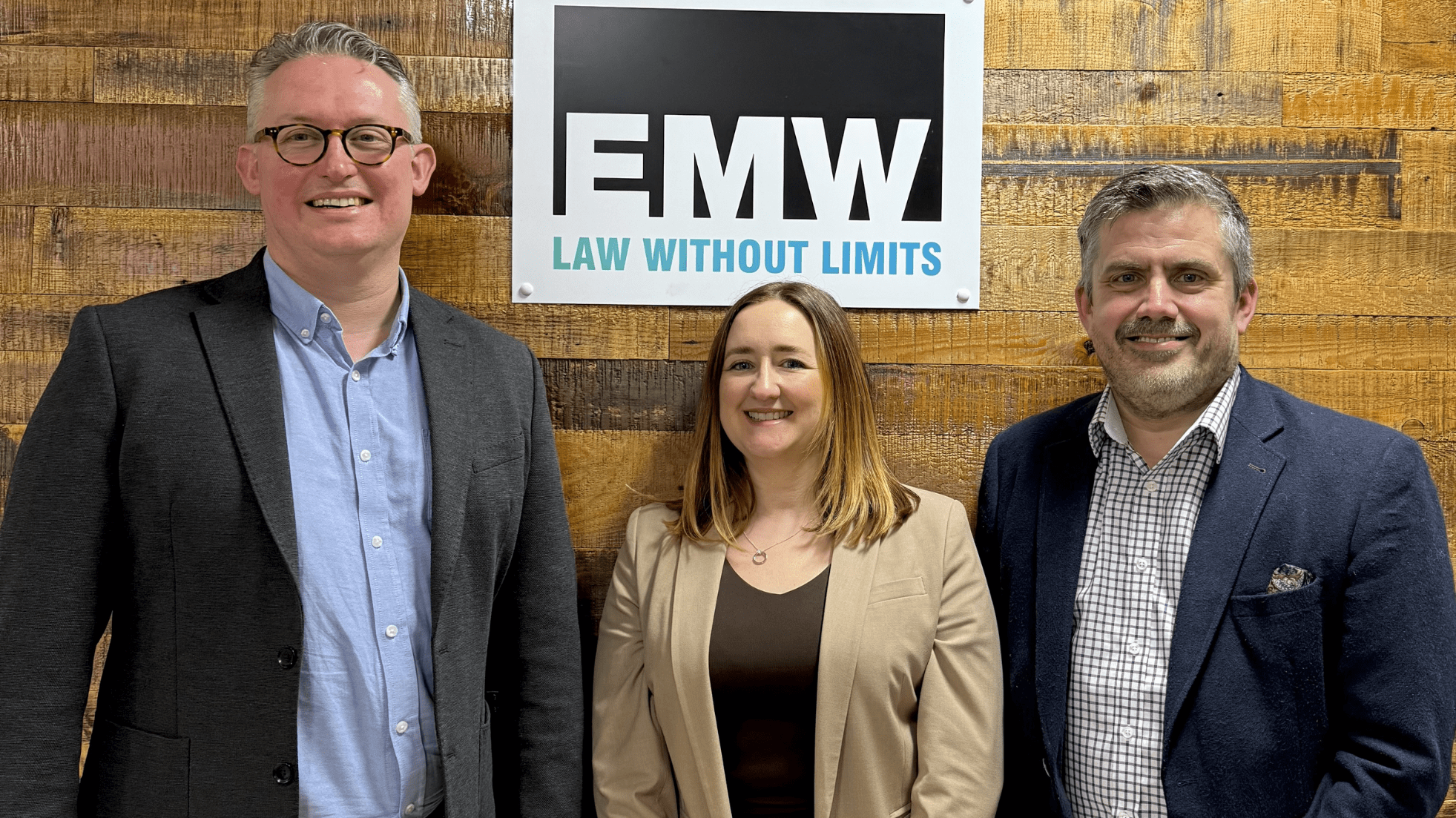With rising energy costs, tightening legislation and growing environmental expectations, improving efficiency is no longer just a ‘nice to have’, it’s essential for every business. But knowing where to start can be daunting.
From lighting upgrades to renewable energy, Facilities Management Solutions (FMS) helps organisations across Bedfordshire, Buckinghamshire and Northamptonshire navigate their carbon reduction journey with confidence.
“Sustainability isn’t about ticking boxes, it’s about building resilience,” said Dan Cole, Director at FMS. “We help clients understand their energy profile and make improvements that genuinely save money while reducing environmental impact.”
Before making major investments, there are several straightforward, cost-effective steps businesses can take to make an immediate impact.
LED lighting remains one of the simplest and most effective ways to reduce consumption. Modern LEDs offer better light quality, require minimal maintenance, and can often be installed through funded schemes, the savings on energy bills effectively cover the cost. PIR lighting sensors ensure lights are only on when needed, eliminating unnecessary wastage.
EV chargers are another quick, visible sustainability step, supporting electric vehicle adoption among staff and visitors while future-proofing premises.
Smarter energy procurement also pays dividends. FMS helps clients source either 100% renewable energy or a blended option that aligns with their net zero pathway, ensuring value and compliance with UK carbon-reduction targets.
And one of the most innovative quick wins is magnet fuel optimisation. By fitting precision magnets along the fuel line before combustion, fuel molecules are stabilised for a more efficient burn. The result is guaranteed fuel savings of between 6% and 20% across oil, gas or LPG systems – or your money back.

Bigger investments, bigger rewards
For those ready to take the next step, there are larger measures that deliver impressive long-term dividends, many of which can be funded thanks to the UK’s drive towards net zero.
Solar power is more accessible than ever, whether on roofs, car park canopies or open ground. For high energy users, the payback period can be remarkably short, particularly if they’re tied to high-cost energy contracts.
Battery storage systems take solar even further by storing excess energy for use during peak tariff times, maximising savings and improving resilience during outages.
Voltage optimisation is another proven method of reducing consumption. By regulating incoming voltage so equipment only receives what it needs, businesses can cut electricity usage by up to 15% while extending equipment lifespan.
In industrial settings, power factor correction helps to eliminate wasted reactive power from motors, compressors and chillers, improving efficiency and lowering bills by as much as 10%.
Heat pumps and variable speed drives (VSDs) can also transform system performance by reducing demand and optimising output. Even if VSDs are already fitted, recalibrating them to match current loads can yield immediate energy savings.
FMS also highlights the importance of water quality in heating systems. Corrosion and oxidisation reduce efficiency and shorten equipment life. By removing oxygen and improving system balance, clients see significant performance gains and reduced breakdowns.
A complete, whole-building approach
What sets FMS apart is its whole-building perspective. Its engineers look at every layer, from the roof and insulation to heating, ventilation, lighting and EV infrastructure – to identify the best opportunities for improvement.
Each project begins with a comprehensive energy survey, to assess consumption patterns, wastage and potential interventions. “The easiest kilowatt to save is the one that’s wasted,” said Dan. “Energy monitoring gives our clients visibility, once you can see where energy goes, you can take control of it.”
Using advanced monitoring tools, FMS pinpoints inefficiencies such as lighting left on overnight or machinery drawing unnecessary power. The team can also guide businesses through funding options and grant applications, helping them make sustainability improvements that make financial sense.
Technology that makes a difference
- Building Management Systems: integrating and automating lighting, HVAC and energy systems for smarter, data-driven control
- Smart thermostats and zoning: adjusting heating and cooling automatically based on occupancy and weather data to avoid over-conditioning empty areas
- Window film and tinting: reducing solar gain in summer and heat loss in winter to ease cooling and heating demands
- Rainwater harvesting: collecting and re-using water for non-potable applications
- Hot water efficiency: introducing air-source technology and point-of-use systems to reduce storage needs and eliminate legionella risk
- Roofing and insulation: FMS has halved clients’ energy bills by replacing outdated roofs and adding insulation. Skylights reduce lighting needs, and living roofs enhance insulation while providing a calming green space for employees
FMS doesn’t just advise on sustainability, it practises it. The company has recently added electric vehicles to its fleet, switched to renewable energy, and continues to invest in cleaner, more efficient technologies within its own operations.
With decades of combined experience in mechanical, electrical and building services, FMS is uniquely positioned to integrate sustainability into every aspect of facilities management. Its friendly, consultative approach ensures clients receive clear advice, accurate data and practical, achievable solutions, not just recommendations. Whether they’re a manufacturer, logistics operator or office-based organisation, FMS can help clients cut costs, improve comfort, and reach their sustainability goals.
Call Facilities Management Solutions on 01908 034040 to book an Energy Efficiency Survey or to find out more, visit their website.



















